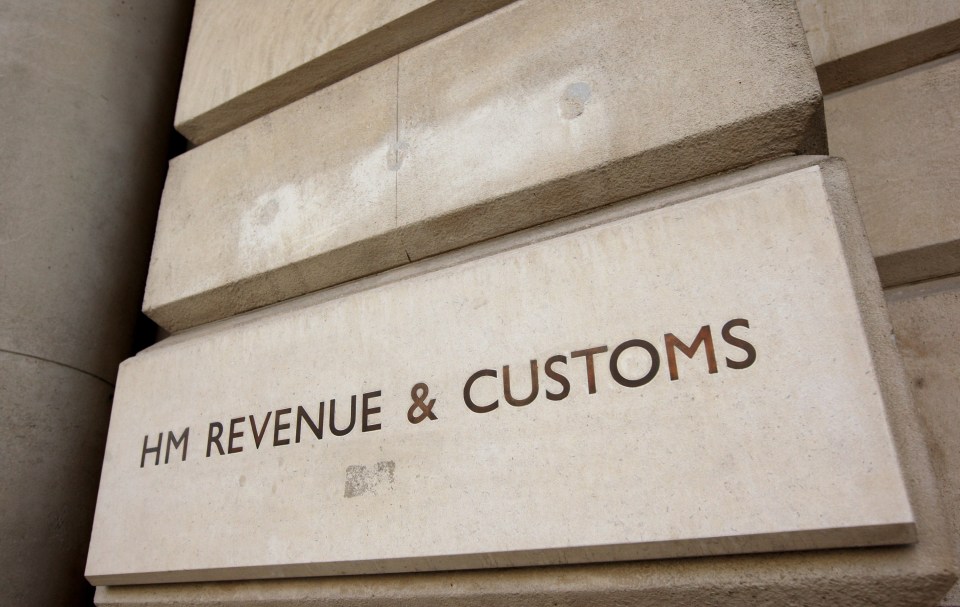Our tax system is not as bad as we think – but it won’t be our magic bullet for growth

Our taxes are not attracting nor repelling many businesses; they sit somewhere in the middle. It’s not that bad, but we shouldn’t rely on our tax system to boost our economy any time soon, writes Tim Sarson
We Brits do like to moan about our country. For people in the business world, the one popular recent complaint is that our tax system is uncompetitive. Punitive, unstable and complex, they say it’s putting off business from investing, which in turn is trashing the economy. It’s the topic I’ve been asked most about in the past year, and not just by journalists: the government and the opposition want to get to the bottom of this competitiveness puzzle too. But is it true? Is our tax system turning away business investment, or are we just doing ourselves down?
Well – it depends. Competitiveness is relative. It depends on who we’re comparing ourselves to, and whether we are interested in how our system works for a US multinational or a domestic start-up. Our apparatus has strengths and weaknesses. It’s pretty good if you’re a big R&D investor with patents, or a movie production company claiming film tax credit. It’s not so great if you are a small trader close to the VAT registration threshold or a retailer facing unaffordable business rates.
But these are marginal cases; the most important lessons can be found looking at mainstream business taxation. I’ve spent many years helping a wide range of businesses decide where to build an R&D centre or factory, or where to locate a European HQ. One factor they take into account is the tax system: the headline rate, the reliefs and incentives available, and the ease or complexity of compliance. We’ve waxed and waned on this score over time, but today we are squarely bog standard.
Take the headline corporation tax rate of 25 per cent. That’s the same as France, the Netherlands, Italy, Spain, Japan, Korea and – once we take into account state taxes – the USA. Everyone’s at 25 per cent bar a few high tax outliers and those traditional low tax destinations which can’t really go below a tax rate of 15 per cent for large businesses anymore because of the new global minimum tax.
In terms of incentives and reliefs, we’ve heard a lot about the new US Inflation Reduction Act (IRA) and its supersized tax incentives for green investment, and the EU’s intended response in the Green Deal Industrial Plan. Here again, we are middling. We can’t compete with the US for the sheer scale of largesse and that’s a worry, but nor can the rest of Europe. The global trade effects of that vast public subsidy to US domestic investment will be significant.
Back home, the full expensing announced in the last Budget is welcome if you have enough taxable income to absorb the deductions, but it’s not hugely more generous than several other regimes. Our patent box and R&D regimes are good, but far from unique. We are quite restrictive on deductions for interest costs, but so are most of our peers. The IRA aside, we’re in the middle of the pack.
And finally our tax compliance burden is, well, so-so. Every year complying with the tax rules becomes more demanding: more paperwork, more supporting data, more governance. But relationships between business and HMRC are generally pretty decent. No major developed economy gives business taxpayers an easy ride. But we do lag behind in giving taxpayers up-front certainty through binding rulings.
So where does this leave us? It means our tax system overall is probably not actively attracting or repelling many businesses, although it’s having an effect at the margins.
The rest of what the UK has to offer needs to fill in the gaps. We remain a highly investable country with strong soft power – as the global viewing figures for the Coronation show. But we need the other things too: skilled labour, a supportive planning and subsidy regime, decent transport infrastructure, strong domestic demand, and as close to frictionless trading links with the EU as possible. Tax is important, but it’s not going to be doing the heavy lifting anytime soon.